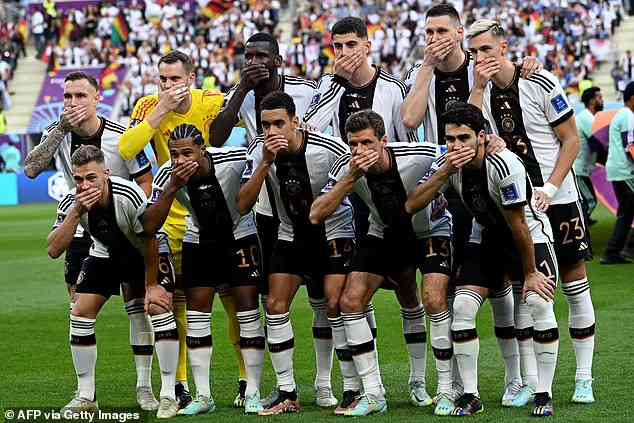The football world cup which is held every four years always has something unique to talk about. This year, Qatar is hosting the World Cup. Qatar is a country in the Middle East, located on a peninsula jutting into the Arabian Gulf with an area of around 11,521 km2. Since becoming independent from Britain in 1971, Qatar has emerged as one of the most influential oil and gas producers in the world. Since 2013, the country has been ruled by H.H. Sheikh Tamim bin Hamad bin Khalifa Al-Thani. Qatar is an Islamic country whose laws and customs are rooted in Islamic law. This country is not as free as Dubai in the United Arab Emirates (UAE) or as conservative as part of Saudi Arabia. In Qatar, the majority of citizens are Sunni Muslims.
Qatar's most powerful tribes hail from the interior of the landlocked Arabian Peninsula, where the Wahhabi ideology was born. Its National Mosque is named after the 18th century religious figure, Mohammed Ibn Abdul-Wahhab, who promoted the ultra-conservative interpretation of Sunni Islam known as Wahhabism.
Unlike Saudi Arabia, where in recent years Wahhabi observance has led to strict segregation of unmarried men and women, banning women from driving and going to concerts, going to the movies and even practicing yoga for decades, Qatar has long sponsored the arts and allowed women to participate. high level of government and encourage tourists to feel comfortable in this country. It also allows the sale of alcoholic beverages in approved hotels and bars.
Because Qatar is an Islamic country, the dress code must also comply with Islamic law. An example is the typical Qatari dress, namely Tsaub and Abaya. Tsaub is a white garment like a robe with a white cloth to cover the head worn by men. Abaya is a black women's clothing like a loose robe, and is usually combined with the use of a veil.
Prohibition of LGBT Attributes During the 2022 World Cup in Qatar
This year, the 2022 World Cup is very thick with Muslim overtones. This was seen during the opening ceremony of the 2022 World Cup which was accompanied by the recitation of the Koran, recitation of the Prophet's hadith and the imposition of a number of prohibitions under Qatari state law during the 2022 World Cup period. One of them is the ban on LGBT campaigns. LGBT stands for Lesbian, Gay, Bisexual and Transgender. 2022 World Cup security director Abdullah Al Nasari said:
"If you want to express your views on LGBT, do it in a society that can accept that. Don't come and insult the whole (our) society."
Qatar has received much criticism for classifying gay or LGBT people as criminals subject to criminal penalties. Local officials have publicly banned the presence of LGBT people, the use of LGBT-related symbols and attributes, and any related campaigning activities. It has become one of the most prominent events in the world as well as a serious concern among football fans around the world, who speak out for the rights of LGBT groups. The criminal threats made by Qatar openly and loudly are considered to violate the basic rights of members of the LGBT community. In fact, some fans are determined to continue to show their support for the LGBT community by wearing rainbow shirts or hats during the 2022 World Cup matches.
Protests were not only launched by the LGBT community, but football players also took part in voicing LGBT. The country that was most seen voicing protests was Germany. Initially Germany insisted on using the one love arm band during the match, but at that time FIFA regulations still prohibited the use of LGBT attributes. After being forced not to use the one love attribute, Germany protested before the match started by covering their mouths as a symbol of deprivation of the right to expression. To find out whether this is a violation of human rights, we must first know the concepts of sexuality and LGBT.










